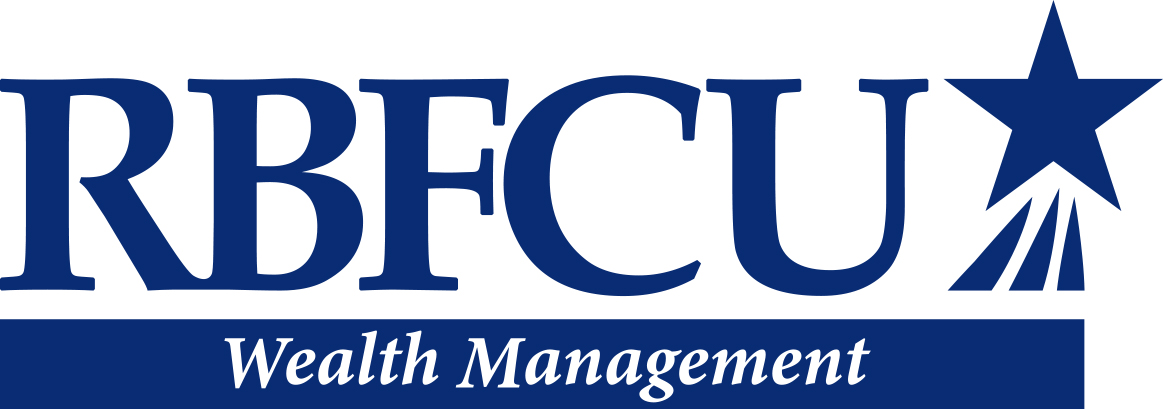Trusts and Wealth Management: What You Need to Know
When it comes to preserving your wealth and planning for the future, trusts can be powerful tools. Depending upon how they are created and managed, they may help you reduce taxes, provide for loved ones, and ensure your assets are distributed according to your wishes. Let’s examine how trusts can fit into a broader wealth management strategy.

Affluent families and individuals have unique needs when it comes to managing wealth. The same can be true when it comes to their estate planning. After all, larger estates often have diverse and complex assets to consider, and the transfer of those assets may require more than a simple will.
That’s where trusts come in. They offer potential wealth management benefits1 and can be a smart way to align your legacy with your long-term intentions, all while preserving your privacy.
Here are a few common scenarios where establishing a trust can play a valuable role in your wealth management strategy:
You want to maintain control over your assets and income.
A trust can allow you to continue to have access to your home or income while ensuring that those assets will be available for your heirs. A trust can also create a mechanism for the management of your assets if you were to become incapacitated, to ensure that your wishes are carried out.
You want to reduce your tax liability.
Placing assets into a trust usually removes them from your estate, which may reduce estate tax liability for your beneficiaries.
You want to maintain your privacy.
Purchasing property through a trust helps keep personal data out of the public record of the transaction. That advantage might appeal especially to high-profile affluent people, business executives, celebrities and others with ongoing personal security concerns.
However, the “rich and famous” aren’t the only ones who can benefit in that way. A trust can also help preserve anyone’s privacy by potentially allowing the estate settlement process to bypass public probate court proceedings.
You have a blended family and want to transfer assets fairly.
A trust can help navigate common scenarios that arise with blended families. If you or your spouse have children or grandchildren from an earlier marriage and you have since remarried, a trust can offer a clear, customized way to ensure that they are provided for according to your wishes.
For example, you may want the home you share with your current spouse to remain available to them after your death. You might also desire for your children or grandchildren to inherit the property after your spouse passes.
A trust can codify this kind of arrangement to ensure that the people you care about receive what you intend to give them.
You have minor children or children with special needs.
Placing resources in a trust for your children can ensure that they’re taken care of financially by their guardians if something happens to you and your partner.
A properly designed special needs trust can ensure that your adult child or grandchild has access to the funds they need without impacting their eligibility for supportive public programs (e.g., Medicare, Supplemental Security Income, also known as SSI, or Social Security Disability Insurance, also known as SSDI).
You want to make your estate settlement faster and simpler.
Estate settlements that take a long time to conclude can open the door to impatience and disputes among heirs. Delays may even create hardship for heirs, such as those who need estate resources to obtain special needs care or to fund their college education.
If you create a trust that allows your estate to avoid going through probate court, your executor can carry out your wishes more efficiently. In that case, your heirs aren’t left waiting on the courts to allow access to their inheritance.
You want to gift wealth to multiple generations.
Certain trust options will allow you to allocate assets to members of several generations within your family, while also potentially reducing tax liability. It’s also possible for your trust to stipulate what you would want to have happen to your inherited assets if, for instance, one of your heirs were to divorce.
If any of these scenarios align with your financial goals, it’s wise to start a conversation with your wealth management team about whether a trust is right for your situation.
Keep in mind the costs and limits of trusts.
Because trusts are highly individualized and often complex, the fees to create one may be higher than those for setting up a will. Trusts also have recordkeeping and reporting requirements that create ongoing expenses.
It’s crucial that you work with your wealth management team to fully understand the flexibility, tax implications, and asset protection capabilities of any trust you’re thinking of creating. For example, if you want the option to make changes to your trust in the future, you’ll need to choose a revocable trust rather than an irrevocable trust, which cannot be changed after it’s created.
Understanding the potential tax impact of trusts is also key. According to Ameriprise Financial, “Investment assets in some trusts may be taxed at a higher rate than your personal tax rate.”2 Furthermore, the structure of a trust might not prevent creditors from accessing assets within the trust to recover debts they are owed.
By working closely with a dedicated wealth management team, along with their professional network of estate attorneys and tax professionals, you can learn how a trust might fit your goals, timeline and budget.
The takeaway
Trusts can be a valuable part of your wealth management strategy, especially for those who want to maintain privacy, possibly reduce tax liability, and create generational wealth for their heirs.
By understanding your distinct financial needs and goals, RBFCU Wealth Management can work with you and your family to create a wealth management strategy.




